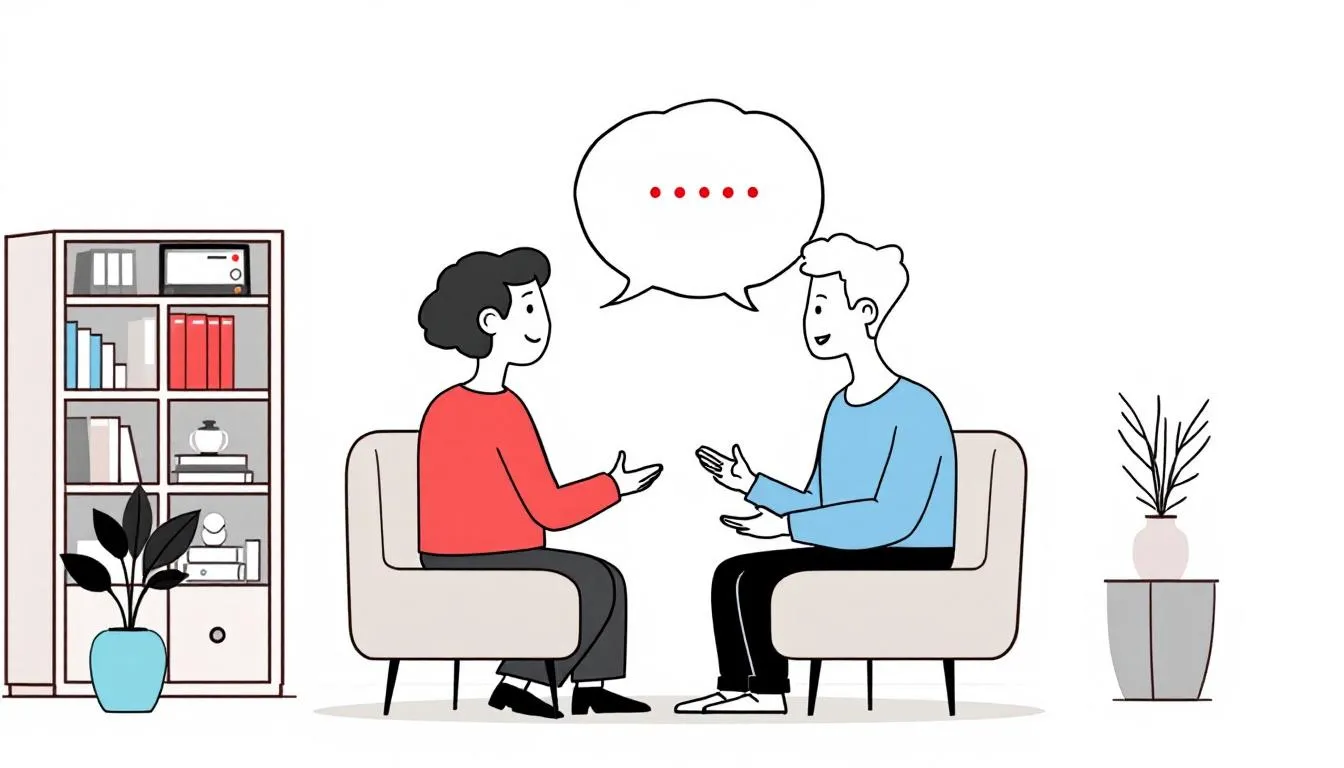Understanding the Admissibility of Recorded Calls in California under Penal Code §632
In the state of California, the laws regarding the recording of telephone calls and their admissibility in legal proceedings are governed primarily by Penal Code §632. Often, individuals and businesses face uncertainty about whether a recorded call is legally permissible as evidence, especially when the consent announcement that a conversation is being recorded is not explicitly captured in the recording. This article delves into the intricate details surrounding the legal framework for call recordings in California, highlighting important factors such as consent, implied consent through routine announcements, and the proper procedures to ensure legal compliance.
Recording telephone conversations without proper consent is a sensitive issue, primarily because California is known as a two-party consent state. This means that both parties involved in a communication need to consent to the recording for it to be legally valid. However, the interpretation of consent has nuances that are essential for understanding the admissibility of recorded calls in various contexts.
Legal Background: California Penal Code §632
Penal Code §632 specifically addresses the recording of telephone and telegraph communications. It generally forbids the recording of a telephone call without the consent of all parties involved. The law is designed to protect the privacy and confidentiality of communication participants and to prevent the misuse of unauthorized recordings.
Under this statute, consent must be either express or implied. Express consent occurs when all parties agree explicitly that the conversation is being recorded. Implied consent, however, can arise under certain customary business practices, such as a routinely played message stating that "this call may be recorded for quality assurance purposes", continuing with the conversation after hearing this message implies the other party’s consent.
Implied Consent in Business Call Recordings
Many businesses in California employ an automated message at the beginning or during phone calls to inform customers that their calls may be recorded. This practice is widespread in customer service centers, insurance companies, banks, and telecommunication firms. The rationale is to promote transparency and obtain at least implied consent from the parties involved.
According to Penal Code §632, if a business routinely announces that calls may be recorded and the recipient continues with the conversation, their continuing participation is deemed implied consent. This means the recording, even if it does not include the explicit announcement snippet, may still be admissible in a court of law because the parties have effectively agreed to the recording.
This understanding relieves businesses from the strict requirement of capturing the "consent announcement" audio in every recorded file. If the consent announcement is missing due to technical reasons or system errors, but it is known that the business regularly provides such consent notifications, courts may still accept the recorded material as evidence.
When is a Recording Illegal or Excluded?
Despite allowances for implied consent, there are scenarios where recorded calls may violate California’s privacy laws. If no consent was obtained or implied, the recording is considered illegal. This can result in the exclusion of the evidence in legal proceedings, and potentially lead to civil or criminal penalties against the party responsible for making the recording.
Illegal recordings can arise in situations such as:
- The absence of any form of consent announcement or agreement;
- Surreptitious recording where one party is unaware of being recorded;
- Interception of private communications without authorization;
- Use of recordings obtained in violation of Penal Code §632 in attempts to influence insurance claims or legal disputes.
It is crucial to verify that consent was validly obtained before relying on recorded conversations as evidence.
Practical Guidelines: Handling Recorded Calls Legally and Effectively
For individuals and businesses that rely on recorded calls, following best practices ensures compliance with legal standards and mitigates risks associated with privacy violations:
- Always include a clear message at the beginning of calls stating "this call may be recorded."
- Keep the original audio file intact without alterations to preserve authenticity.
- Log the date and time of the recording meticulously to corroborate the timeline if needed.
- Request and maintain documentation of your insurer’s or business partner’s call-recording policy to demonstrate adherence to established procedures.
- If unsure about legal compliance or facing potential disputes, consult a lawyer with expertise in telecommunications privacy law.
- In the event of allegations of illegal recordings, act immediately to address the issue and seek professional guidance to mitigate consequences.
Legal Support and How to Reach Out
Navigating the complexities of call recording laws requires specialized knowledge and legal acumen. The legal environment surrounding privacy laws and consent in recordings is constantly evolving, with new cases and legislations shaping interpretations.
If you are a business owner, insurance agent, or individual who needs assistance verifying the legality of recorded calls or has concerns regarding privacy and consent laws in California, it is critical to access qualified legal assistance.
You can contact us through the communications provided in the biography section of our platform or send a private message to discuss your situation confidentially. Our firm specializes in advising clients on telecommunications law, privacy rights, and regulatory compliance, ensuring your rights and interests are fully protected.
- Professional legal consultation on call recording compliance;
- Assistance in drafting call-recording policies;
- Support in multimedia evidence admissibility in courts;
- Guidance on privacy laws and data protection regulations;
- Representation in disputes involving recorded communications.
Ensuring your practices align with legal requirements not only protects your operations but also builds trust with clients and partners.
The Importance of Understanding Call Recording Laws in 2025 and Beyond
Looking ahead to 2025, California’s approach to consent and call recording will remain a crucial issue in the landscape of privacy laws. As technology advances and communication methods grow increasingly digital, questions about consent, surveillance, and privacy will likely intensify.
Keeping up with legislative changes, court rulings, and industry best practices regarding call recordings will be necessary for anyone engaging in telecommunications professionally. Businesses should prioritize legal compliance programs and employee training to avoid unwitting violations that could result in significant financial and reputational damage.
The ongoing dialogue about privacy rights underlines the delicate balance between effective communication practices and respecting individual privacy. Therefore, understanding and implementing the principles behind Penal Code §632 is essential for lawful and ethical handling of recorded telephone calls.
In summary, the admissibility of recorded calls in California hinges significantly on the concept of consent as outlined in Penal Code §632. While the absence of a recorded consent announcement does not automatically invalidate a recording when implied consent is established, the lack of any consent constitutes a violation of privacy laws and can lead to exclusion of evidence. To safeguard legal compliance, maintain original recordings with proper documentation, stay informed of call-recording policies, and seek professional legal support when necessary. By adhering to these practices, individuals and businesses can navigate the complexities of call recording laws in California effectively and confidently.
Legal Consultant Marketplace — a dedicated legal service platform offering comprehensive support and professional advice on telecommunications law, privacy, and compliance. Our experts include attorneys, legal consultants, and privacy specialists committed to providing up-to-date guidance tailored to your needs.































